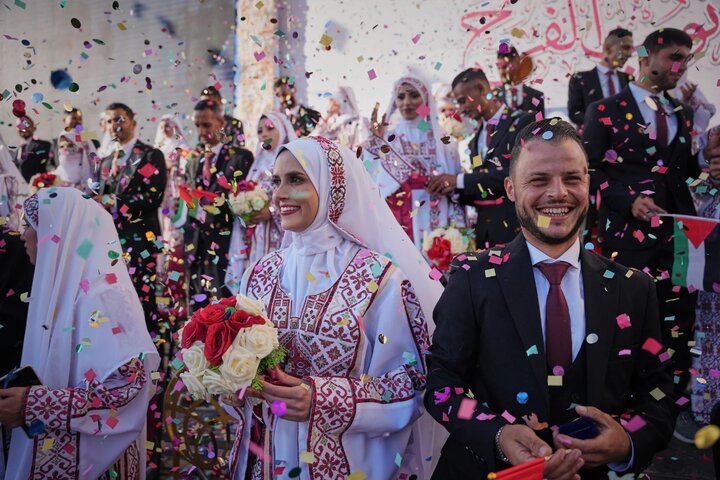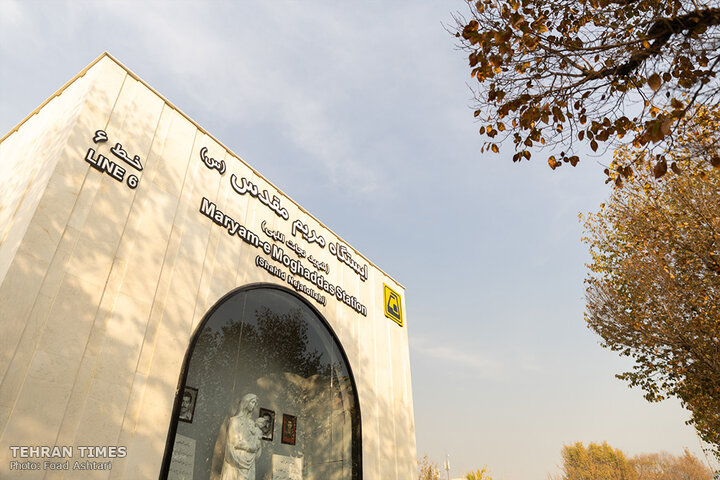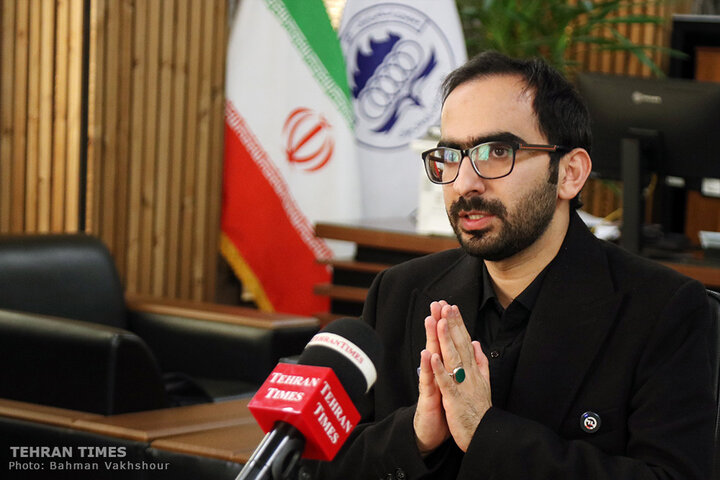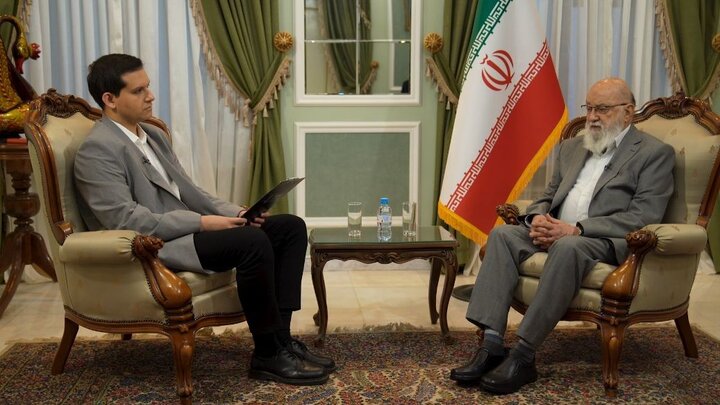-
 2025-12-07 20:10
2025-12-07 20:10
By staff writer
Caribbean chessboard: U.S. move to check Russia and China
Is the U.S. effort to overthrow Maduro limited to Venezuela?
TEHRAN – When U.S. forces began striking vessels in the Caribbean in early September, Washington said it was fighting drug cartels. Yet almost 90 people have been killed, no narcotics have been shown as evidence, and the scale of deployment, including the USS Gerald R. Ford carrier strike group, makes clear this is not a routine mission.
-
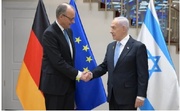
By staff writer
Merz’s appeasement of Netanyahu will only embolden war criminals
TEHRAN - German Chancellor Friedrich Merz visited Israel for the first time since taking office in May. Merz’s visit comes just days after Germany decided to lift a three-month suspension on arms exports to Israel.
-
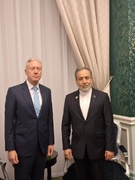
By Sondoss Al Asaad
Lebanon’s neutrality debate in a shifting regional context
BEIRUT — Let’s try, for a moment, to imagine a Lebanon where words mean what they say. In that alternate universe, “neutrality” would imply rejecting foreign meddling of any kind, “interference” would refer to bombing residential areas, and “sovereignty” might include the radical notion of objecting to drones overhead.
-
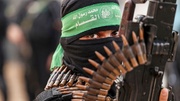
By Wesam Bahrani
The future of armed resistance in Gaza
TEHRAN – The Palestinian resistance in Gaza faces a precarious period between flimsy ceasefires and ongoing aggression.
-
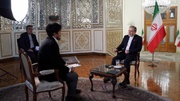
Tehran ready for dialogue, but only after US policy shift, Araghchi says
TEHRAN – Iran’s Foreign Minister Abbas Araghchi says Tehran remains unconvinced that the United States is prepared to engage in genuine and serious negotiations over the future of nuclear talks, while reaffirming that Tehran is ready to resume dialogue if the United States adopts a fair and balanced approach.
-
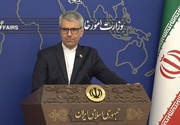
What Iran’s foreign ministry spokesman said at his weekly briefing
TEHRAN – Iran’s Foreign Ministry Spokesperson has addressed a wide range of regional and international issues, from U.S. visa restrictions for World Cup participants to tensions in the West Asia, underscoring Tehran’s positions on sovereignty, security, and diplomacy.
Politics
-
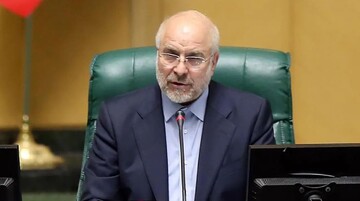
Iranians appear to be growing impatient with UAE's recurring claims to Persian islands
TEHRAN – Parliament Speaker Mohammad Baqer Qalibaf has called on Iran's neighbors not to test the determination of the Iranian people in safeguarding the nation's territorial integrity, including the three Persian Gulf islands of Greater Tunb, Lesser Tunb, and Bu Musa, reiterating that they are "an integral part of Iran."
-
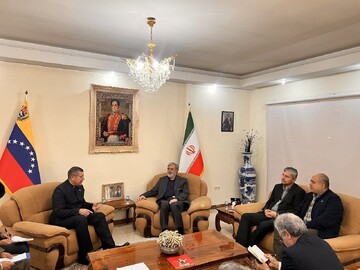
MPs denounce 'terroristic' US threats in discussions with Venezuelan envoy
TEHRAN – A group of Iranian parliamentarians have denounced the United States’ escalating threats against Venezuela.
-
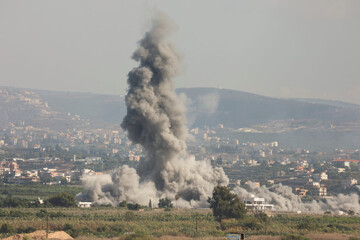
The colonial reconfiguration: Israel and the extinction of sovereignty in West Asia
MADRID – In the conventional diplomatic lexicon, “normalization” is typically framed as an intrinsic good: the peaceful acceptance of a state within recognized borders, integrated into the regional economic and security architecture. It is a term that evokes closure and resolution.
Sports
-

We tested youths at 2025 IWBF Asia Oceania: Moeini
TEHRAN – Azade Sadat Moeini, head coach of Iran’s women’s wheelchair basketball team, has expressed satisfaction with her squad’s performance at the 2025 IWBF Asia Oceania Championships, recently held in Bangkok, Thailand.
-

Iran to play 2026 FIFA World Cup group stage on U.S. soil
TEHRAN – Iran national football team will play their group stage matches of the 2026 FIFA World Cup in Los Angeles and Seattle.
-

Iranians win accolades at 2025 World Taekwondo U21 Championships
TEHRAN – Abolfazl Zandi of Iran was chosen the Most Valuable Player (MVP) of the inaugural Nairobi 2025 World Taekwondo Under 21 Championships.
Culture
-
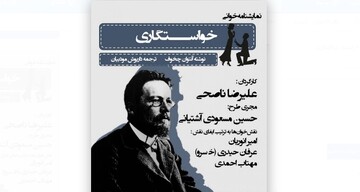
Tehran cultural center to host reading performance of “A Marriage Proposal”
TEHRAN- On Tuesday, Arasbaran Cultural Center in Tehran will host a reading performance of Anton Chekhov’s comic play “A Marriage Proposal”.
-
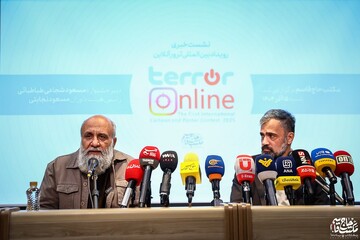
"Terror Online" International Contest seeks to combat censorship of artworks on social media
TEHRAN - In recent years, unusual trends have emerged across social media. One such example is the systematic removal of figures of the Axis of Resistance from various platforms.
-
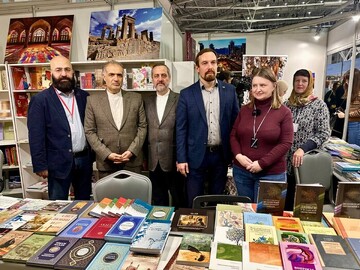
Over 40 Iranian books unveiled at non/fictio№27 in Moscow
TEHRAN – More than 40 new Iranian works translated into Russian were unveiled on Saturday evening at the non/fictio№27, the 27th International Book Fair for High-Quality Fiction & Non-Fiction in Moscow, Russia.
Economy
-
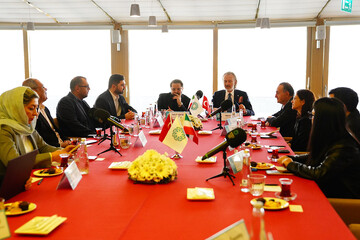
Iranian, Turkish private sectors emphasize strengthening bilateral ties
TEHRAN- During the side programs of the Tehran Chamber of Commerce, Industries, Mines, and Agriculture (TCCIMA)’s delegation at the Plast Eurasia Istanbul exhibition, a meeting was held between this delegation and a group of board members and managers of the Istanbul Chamber of Commerce.
-
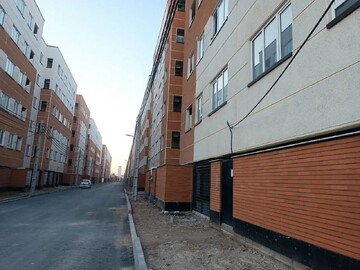
5,000 National Housing Movement units to be ready for delivery by March 2026
TEHRAN- The managing director of New Towns Development Company announced the company's readiness to deliver 5,000 units of the National Housing Movement Plan by the end of the current Iranian calendar year (March 20, 2026), stating: “Approximately 52,000 National Housing Movement units in these towns have achieved over 50 percent physical progress.”
-
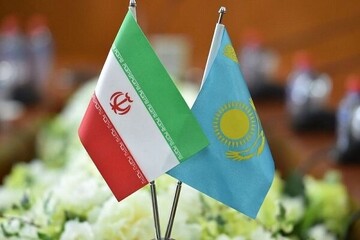
Iran's private sector ready to play leading role in strengthening economic ties with Kazakhstan
TEHRAN- Hamed Asgari, the vice president of international affairs at the Iran Chamber of Commerce, Industries, Mines and Agriculture (ICCIMA) regarding the president's trip to Kazakhstan at the head of a large trade delegation, stated: “Iran's private sector is ready to play a leading role in strengthening economic relations with Kazakhstan.”
Society
-
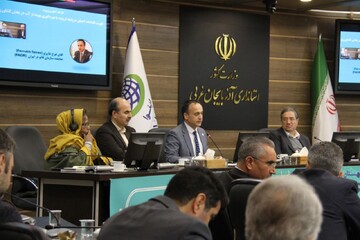
FAO holds workshop on effective use of agricultural water in Lake Urmia
TEHRAN – Food and Agriculture Organization (FAO), in cooperation with the Governorate of West Azarbaijan Province, has held a workshop on a project titled ‘Enhancing Restoration Activities in Lake Urmia through the Effective Use of Agricultural Water’, marking the official launch of the project’s second phase.
-
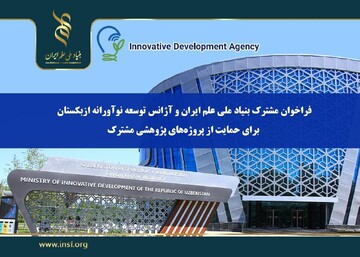
INSF, Uzbekistan Innovative Development Agency to support joint scientific research
TEHRAN – Iran and Uzbekistan will support the implementation of 10 research projects following a joint call by the Iran National Science Foundation (INSF) and the Agency for Innovative Development under the Ministry of Higher Education, Science, and Innovation of the Republic of Uzbekistan.
-
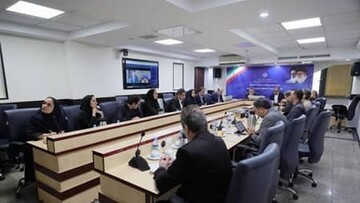
Iran explores potential to develop health ties with Africa
TEHRAN – The ministries of health and foreign affairs, in a virtual meeting with Iranian ambassadors and attachés in Africa, have discussed ways to promote cooperation with African countries in the health sector.
Tourism
-
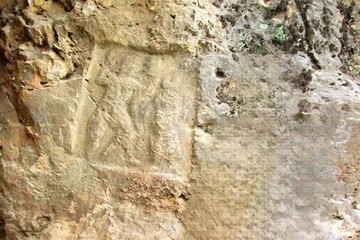
Elymaean rock carving discovered in southwest Iran
TEHRAN – A newly identified Elymaean rock carving has been discovered in the highlands of Kuh-e Manar in Andika, southwest Iran, according to the director of the Masjed Soleyman Cultural and Industrial Landscape National Base.
-
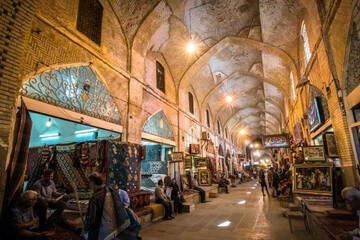
Minister urges restoration of Arak bazaar ahead of possible UNESCO review
TEHRAN – Iran’s tourism minister said on Saturday that the historical bazaar of Arak requires urgent restoration work as the government pursues its possible inscription on UNESCO’s World Heritage list.
-
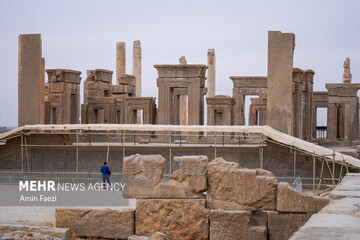
National document for Iran’s cultural heritage declared
TEHRAN--President Masoud Pezeshkian, who is also chairman of the Supreme Council of the Cultural Revolution, declared the national document for cultural heritage, which is the result of cooperation between the country's scientific, cultural, and executive administrations.
International
-

Merz’s appeasement of Netanyahu will only embolden war criminals
TEHRAN - German Chancellor Friedrich Merz visited Israel for the first time since taking office in May. Merz’s visit comes just days after Germany decided to lift a three-month suspension on arms exports to Israel.
-

Caribbean chessboard: U.S. move to check Russia and China
TEHRAN – When U.S. forces began striking vessels in the Caribbean in early September, Washington said it was fighting drug cartels. Yet almost 90 people have been killed, no narcotics have been shown as evidence, and the scale of deployment, including the USS Gerald R. Ford carrier strike group, makes clear this is not a routine mission.
-

Lebanon’s neutrality debate in a shifting regional context
BEIRUT — Let’s try, for a moment, to imagine a Lebanon where words mean what they say. In that alternate universe, “neutrality” would imply rejecting foreign meddling of any kind, “interference” would refer to bombing residential areas, and “sovereignty” might include the radical notion of objecting to drones overhead.
Video Comment
-

Ayatollah Khamenei’s vision of freedom and humanity discussed in intl. conference
-

Iran hosts SCO joint anti-terror drills
-

Holy Mary Metro Station marks interfaith unity in Tehran
-

Academics analyze social dimensions of Resistance in Tehran conference
-
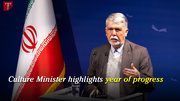
Culture minister highlights year of progress in arts, global image enhancement
Most Viewed
-
Iran gaining access to technology of advanced American GBU bombs: Report
-
Iran tests missile with range beyond length of Persian Gulf in latest naval drill
-
Terrorists arrested before Tehran metro bombing; trainer a ‘NATO officer’ residing in Sweden
-
Iran to meet Belgium, Egypt and New Zealand: 2026 FIFA World Cup
-
Sahand 2025 showcases Iran's role as hub for counter-terrorism cooperation
-
Scrambling to Sustain a Waning Hegemony
-
A thousand stories under one name, Herbert Karim-Masihi reflects on his new exhibition
-
Iran stages second major naval drill since war with Israel
-
A thousand cuts: Israel’s hybrid war tactics in the Persian Gulf
-
Professor Azarov argues the West moves Ukraine like a pawn in a grand game
-
Iran hosts SCO joint anti-terror drills
-
Lebanon’s art of giving everything away for free
-
Is Japan sliding back toward militarism?
-
Iran’s steadfast stance has transformed resistance politics in West Asia: Malaysian activist
-
Israel utterly failed to shield its protégé in Gaza

